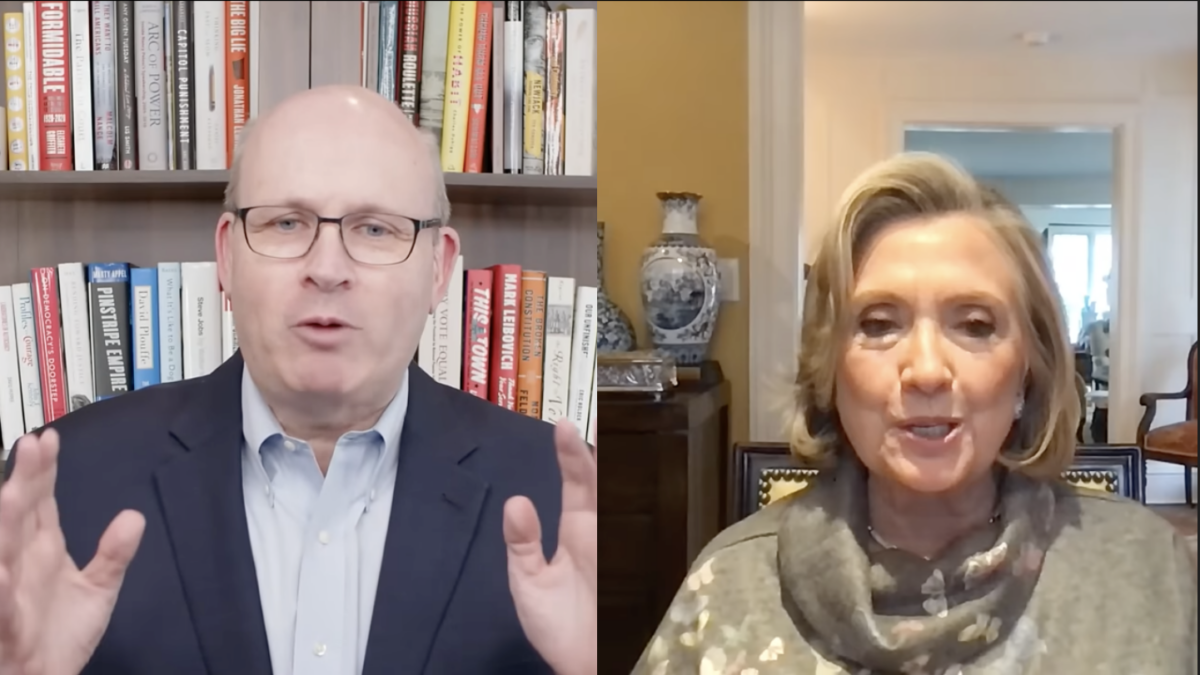
Actress Sofia Vergara is one of the stars on the ABC show “Modern Family,” and her current legal battle is a modern one, indeed. She’s being sued on behalf of frozen embryos she and a former boyfriend created in 2013. This lawsuit brings up important questions about personhood, religion, what right to life truly means, and the ethics of in vitro fertilization (IVF).
Nick Loeb and Vergara were engaged to be married when they decided to have children. With that goal in mind, they created four embryos, and had two implanted in a surrogate’s body. Neither of those embryos survived. The former couple has two surviving embryos, both female. Vergara is now in a new romantic relationship, and doesn’t want these embryos to be implanted and born, but Loeb says they’re alive and he wants to parent them. He’s willing to release her from all legal responsibilities and raise the children alone.
Society has long defended the rights of women to continue a pregnancy against the wishes of the man who helped create those children, and the rights of women to end a pregnancy they don’t want, even if the male parent objects. This case doesn’t require Vergara to be pregnant, so the typical objections about bodily autonomy have been flipped on their heads. It’s important to note that to date there have been two cases where frozen embryos have been awarded to the custody of one parent, despite the objections of the other.
I Want My Children to Live
Last year, Loeb wrote an op-ed for The New York Times defending his petitions to protect the embryos. It reads in part: “When we create embryos for the purpose of life, should we not define them as life, rather than as property? Does one person’s desire to avoid biological parenthood (free of any legal obligations) outweigh another’s religious beliefs in the sanctity of life and desire to be a parent? A woman is entitled to bring a pregnancy to term even if the man objects. Shouldn’t a man who is willing to take on all parental responsibilities be similarly entitled to bring his embryos to term even if the woman objects? These are issues that, unlike abortion, have nothing to do with the rights over one’s own body, and everything to do with a parent’s right to protect the life of his or her unborn child.”
Loeb’s desire for these children does not hinge on needing Vergara’s financial support, or even her support in parenting. Rather, he desires to save these embryos from staying frozen indefinitely and eventually being thawed and dying.
Vergara’s views on this are very different. In an interview about this she said: “A child needs a loving relationship of parents who get along. Who don’t hate each other. I wouldn’t imagine [bringing kids into the world] who are already set up [with] everything wrong for them. It would be so selfish.” With this view she denies that she has already brought these children to life—a life trapped in a medical freezer. She feels that death is a better option for her kids than being raised by their father, and is fighting to keep these female embryos from being born.
Beings With Distinct Human DNA Are Not ‘Souvenirs’
The lines on this are sharply drawn. Pro-choice sources are calling these embryos “biological souvenirs of a failed relationship” and insisting that since Vergara doesn’t want them born, they should never be implanted. A trustee for the embryos has joined in on Loeb’s side, filing an additional suit on behalf of the embryos themselves. That suit “asks that the frozen embryos be given to Loeb so that they can live and receive the trust set up for them, which would fund, among other things, their healthcare and education.”
The trustee also points out that keeping the embryos frozen and then eventually thawing them so they die deprives them of their inheritance and their rights to life, liberty, property, and due process. Loeb was raised by a Catholic nanny, and believes that these embryos are alive and deserve to be born. He’s offered to pay all of the costs for the embryos, and asked Vergara to sign away her rights and responsibilities so she isn’t required to be involved with these girls unless she wants to be.
IVF has created difficult ethical questions, and the law is struggling to catch up. The choice of whether to continue to take an embryo to birth is different than the choice in abortion cases, because the question of bodily autonomy and control for the woman is removed, and the question of bodily autonomy becomes solely about the pre-born child. In this case, these girls have a representative other than either parent, and that representative argues that they have personhood already.
These embryos have life, and keeping them frozen denies them the chance to continue living. It also denies them the chance to be raised by a father who wants them desperately.









